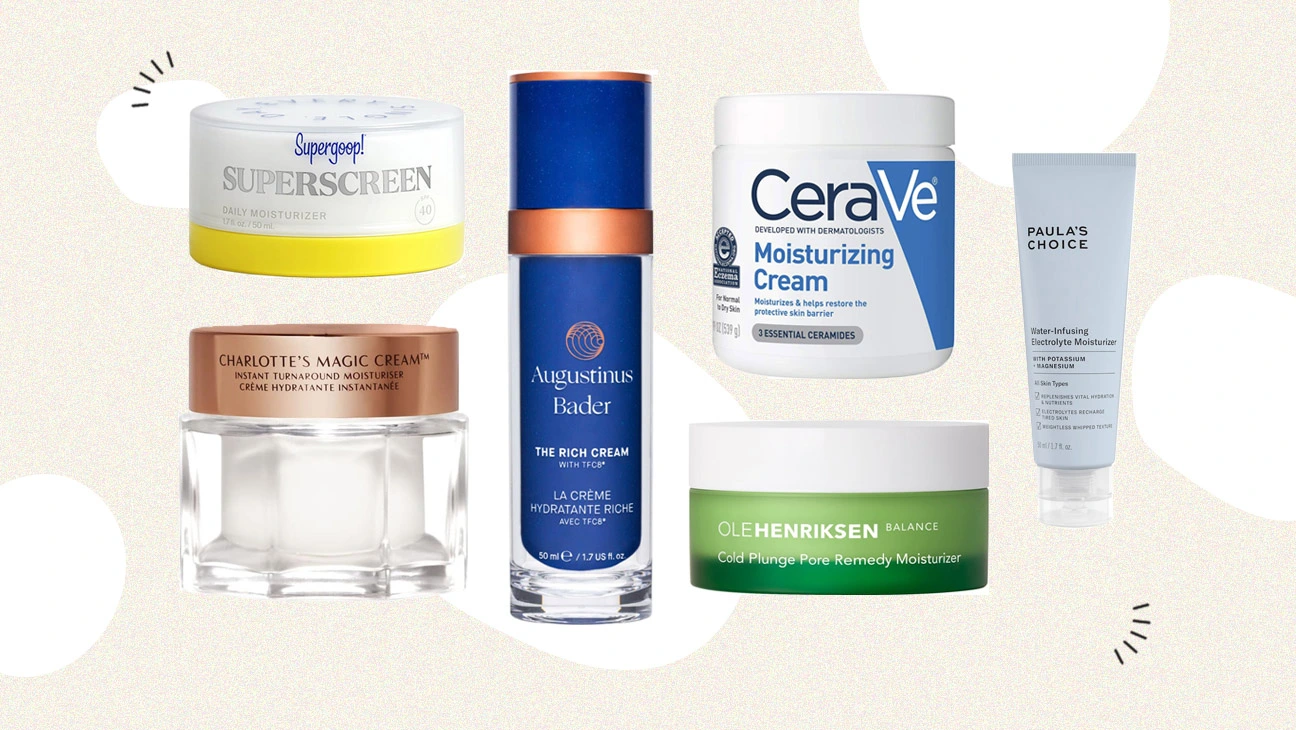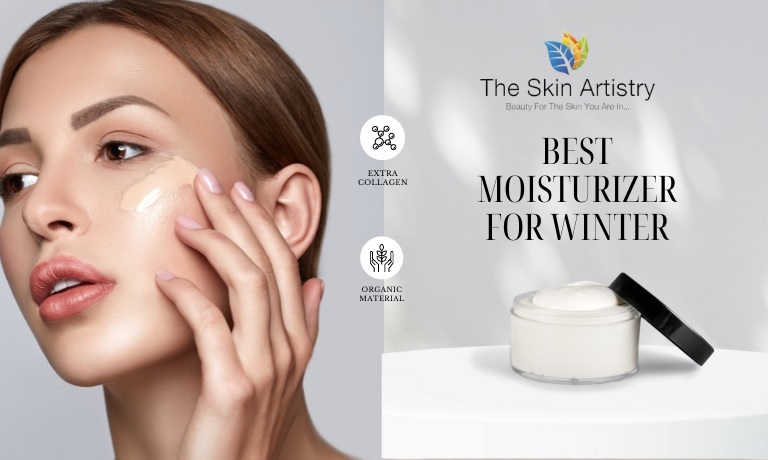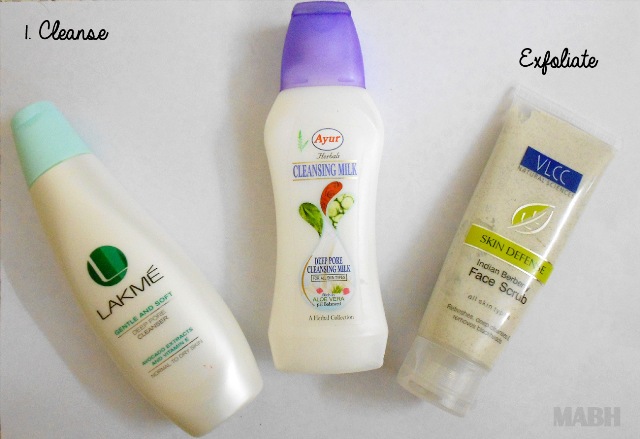Zinc is an essential mineral that plays a crucial role in various functions within the human body. Here are some key roles and functions of zinc:
- Immune function: Zinc is necessary for the proper functioning of the immune system. It helps in the development and activation of immune cells, aids in the production of antibodies, and supports the body’s defense against infections.
- Enzyme activity: Zinc is a component of numerous enzymes that are involved in various biochemical reactions within the body. These enzymes participate in processes such as DNA synthesis, protein synthesis, cell division, wound healing, and the breakdown of carbohydrates, fats, and proteins.

- Growth and development: Zinc is particularly important for growth and development, especially during childhood and adolescence. It is necessary for proper growth, development, and maturation of cells, tissues, and organs.
- Taste and smell: Zinc is involved in the sense of taste and smell. It helps maintain the integrity of taste buds and olfactory receptors, which are responsible for detecting and interpreting flavors and scents.
- Reproduction and fertility: Zinc is essential for reproductive health in both males and females. It plays a role in the production of hormones, supports proper sperm development and maturation, and is crucial for normal fetal development during pregnancy.
- Skin health: Zinc is beneficial for maintaining healthy skin. It contributes to wound healing, supports collagen synthesis, and helps regulate oil production, which can be beneficial for managing acne.

- Antioxidant activity: Zinc has antioxidant properties, meaning it helps protect cells from damage caused by harmful free radicals. This antioxidant activity may have a positive impact on overall health and aging.
It’s important to note that while zinc is essential for our well-being, excessive intake can be harmful. It is recommended to obtain zinc through a balanced diet.










